At the 2025 Venice Architecture Biennale, a collaboration between Holcim and Pritzker Prize-winning architect Alejandro Aravena’s firm ELEMENTAL introduces a new kind of building, one that stores carbon instead of emitting it. Presented within the Time Space Existence exhibition, the full-scale prototype brings together biochar technology, recycled materials, and a rethink of how we address urgent housing needs.
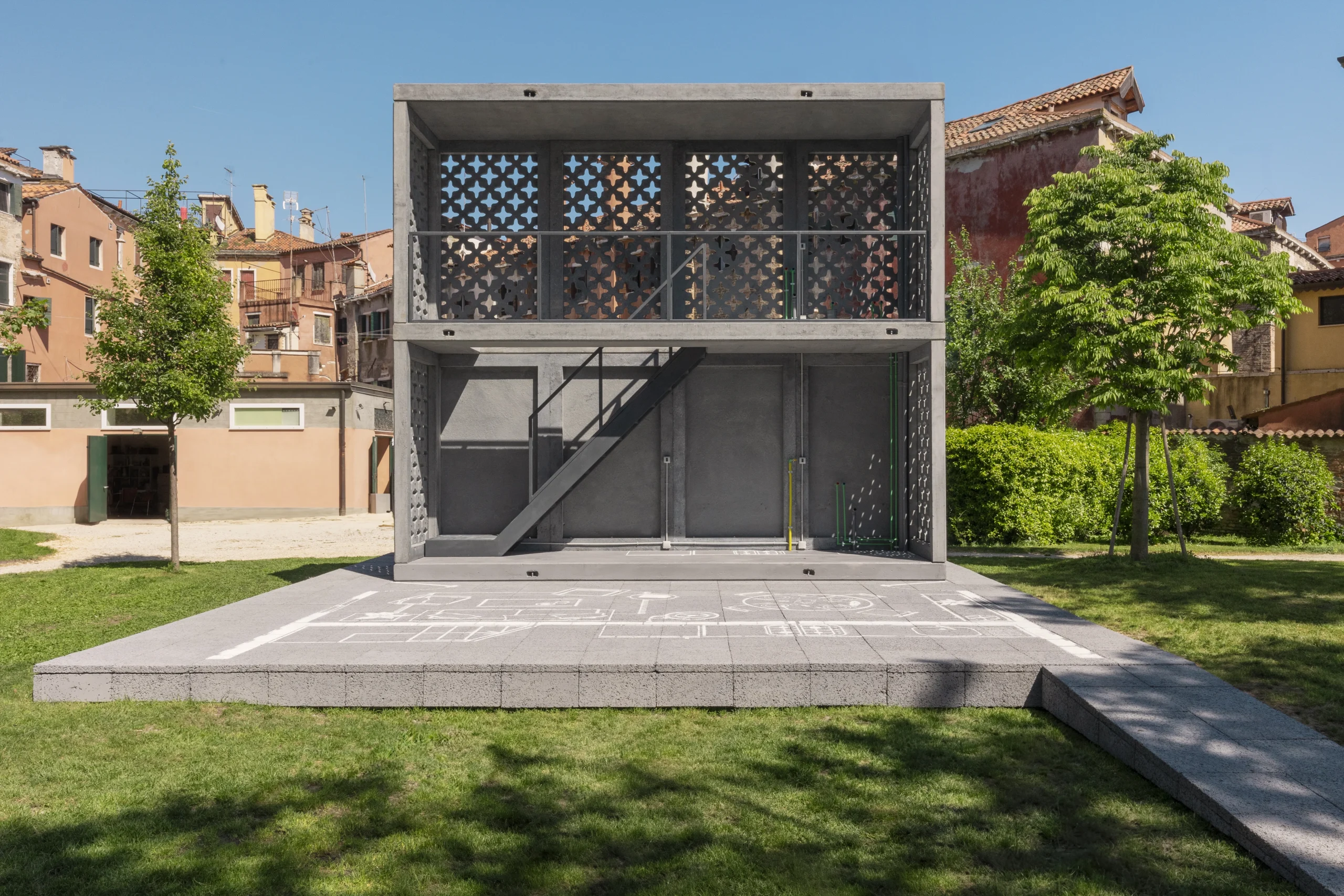
The project centers on a Basic Services Unit, a precast housing model built for speed, scale, and sustainability. It follows ELEMENTAL’s philosophy of incremental design: offering essential components like sanitation and structure, while allowing future residents to expand and personalize their homes over time. But this version takes things a step further, its concrete is infused with Holcim’s carbon-sequestering biochar.
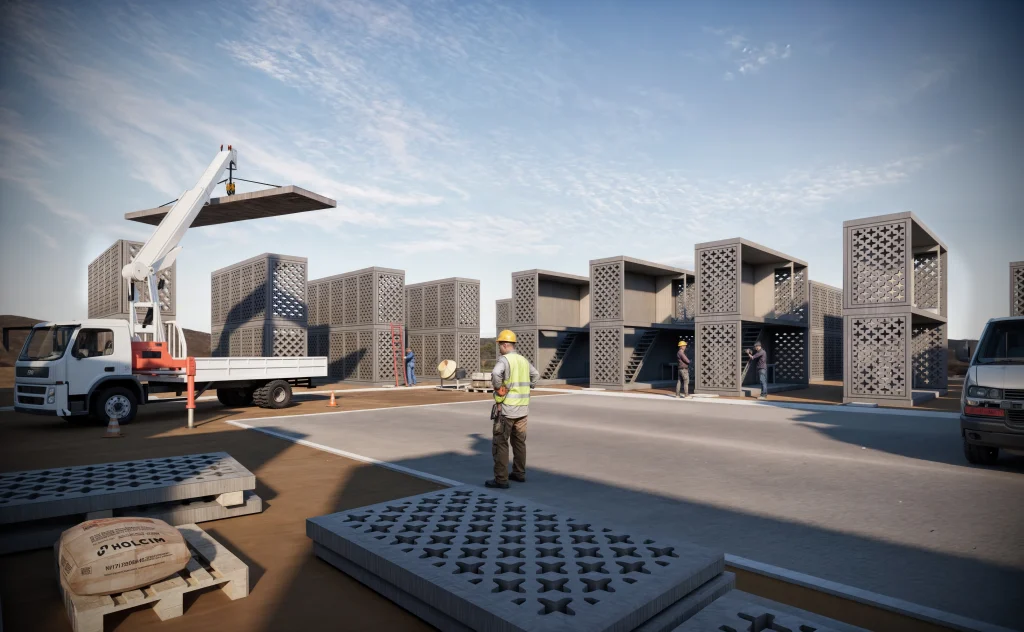
Biochar, a charcoal-like material produced by heating organic waste, serves as the key innovation. Ordinarily, organic matter decomposes and emits carbon dioxide into the atmosphere. But when converted into biochar, this carbon is locked away permanently. For every kilogram of biochar used, up to three kilograms of CO₂ emissions can be prevented. When embedded into Holcim’s low-carbon cement, mortar, or concrete mixes, it not only reduces environmental impact but retains full structural performance.
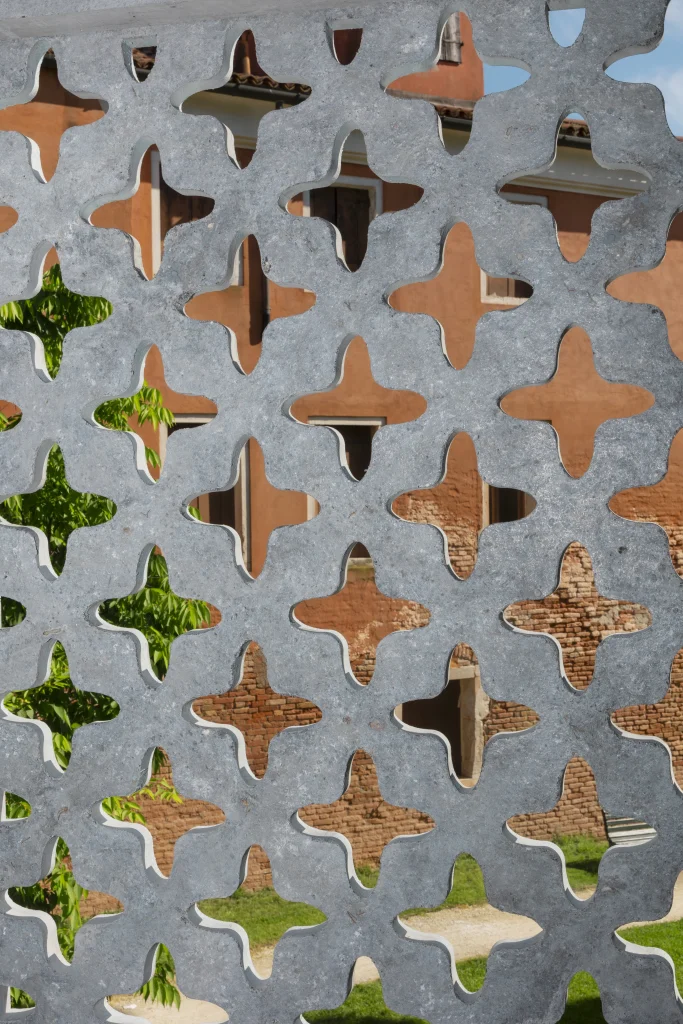
“This is about scale, speed, and sustainability,” said Alejandro Aravena. “In Venice, we are bringing incremental housing to its core. A structural sanitation unit made of precast panels addresses basic needs while enabling future growth. Holcim’s decarbonization technology allows us to meet the demands of the housing crisis without adding pressure to the planet.”
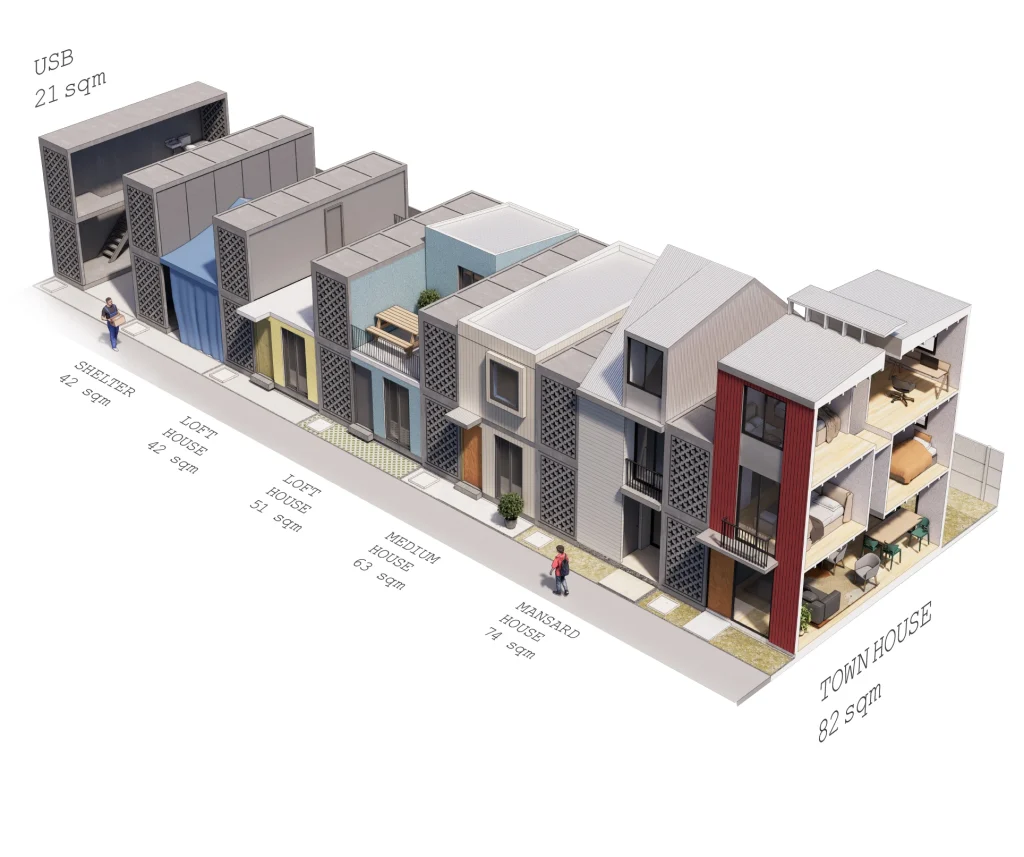
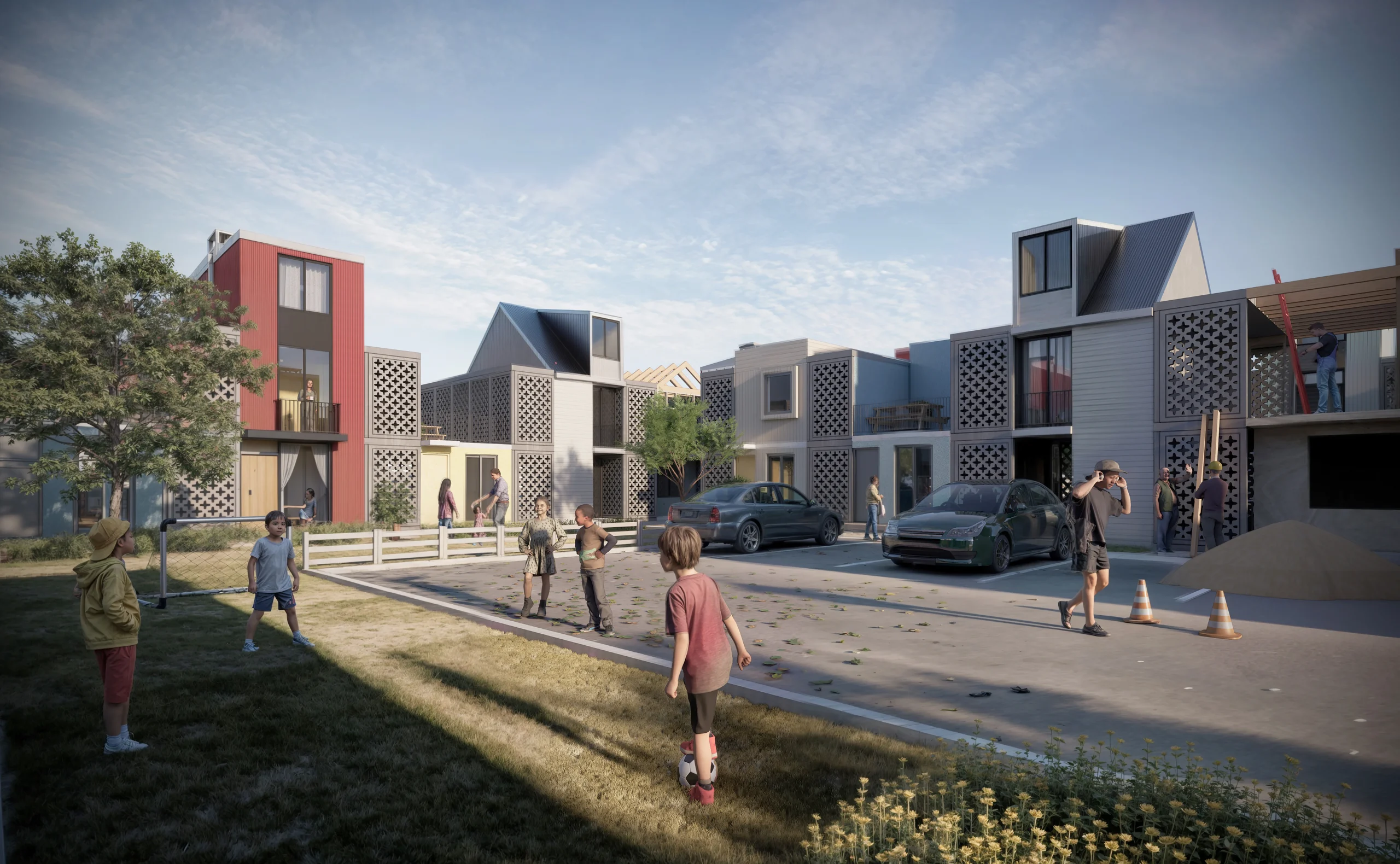
The housing prototype serves as a practical demonstration of how carbon sink materials can be applied to real-world infrastructure, from industrial buildings to affordable housing.
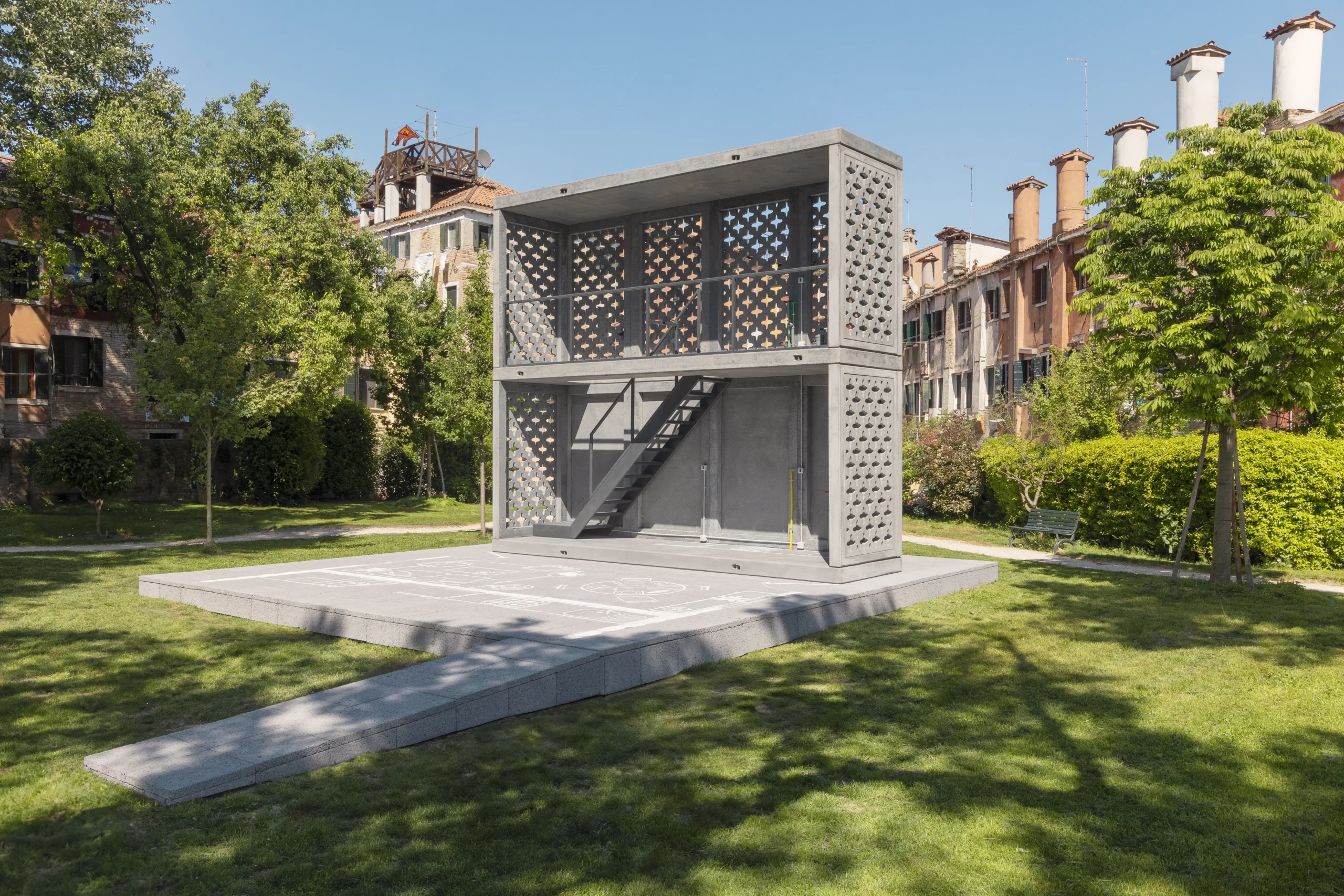
The project expands Holcim’s sustainability portfolio, adding to its existing innovations like ECOPact and ECOPlanet concrete solutions and its circular construction platform ECOCycle®. The combination of circular design, recycled aggregates, and carbon-negative materials places this prototype at the forefront of climate-conscious architecture.
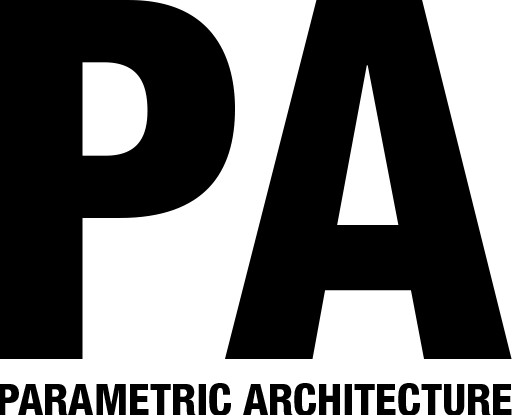



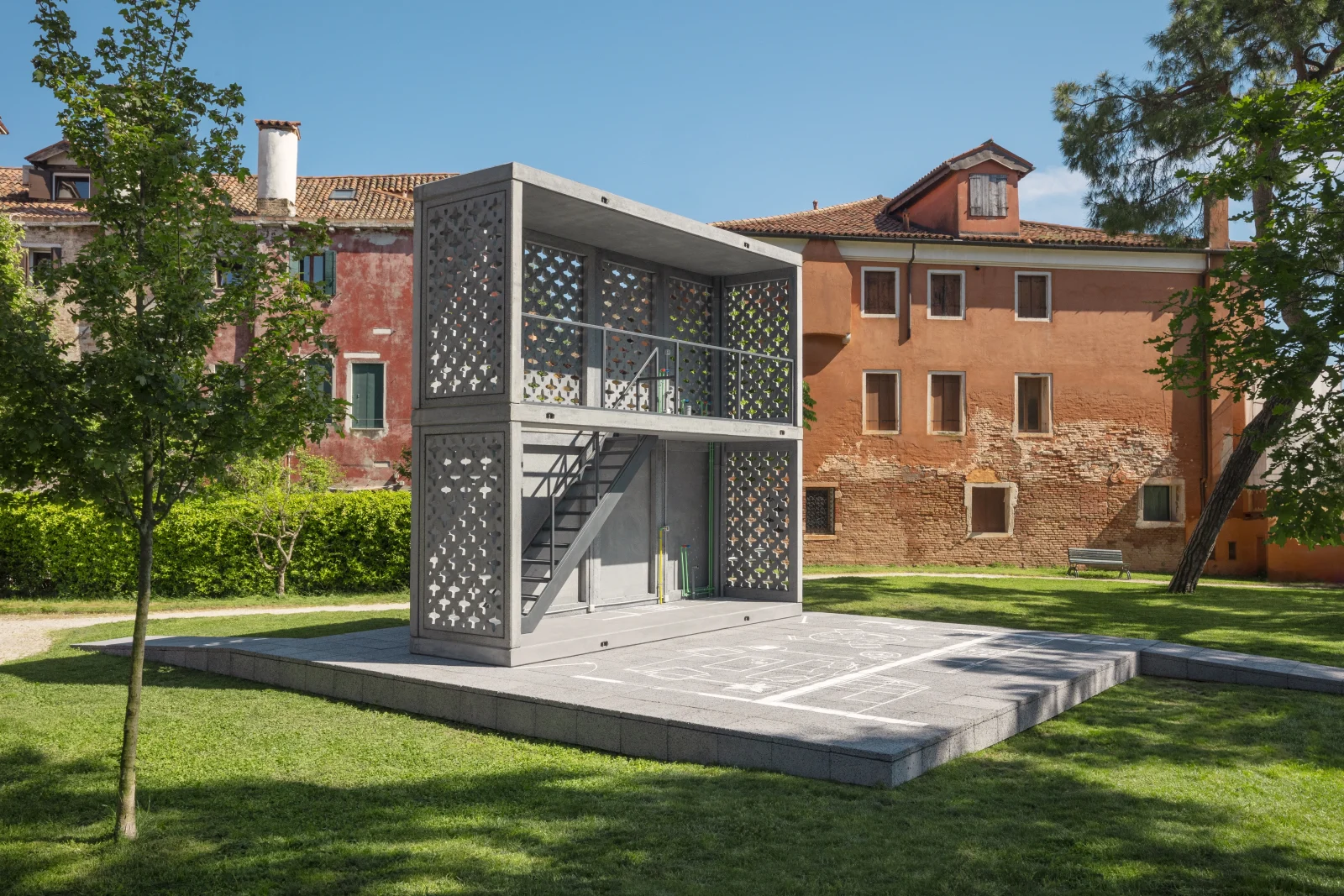
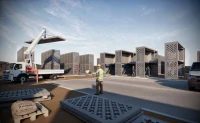
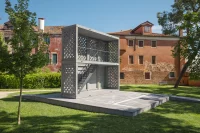
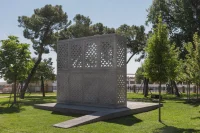
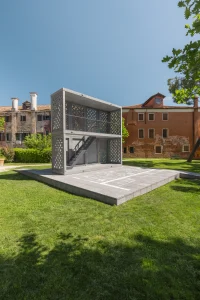
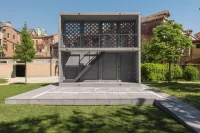
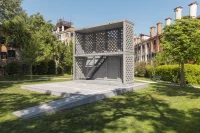
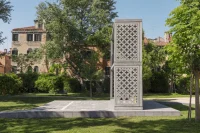
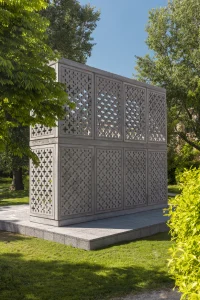
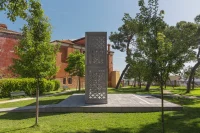
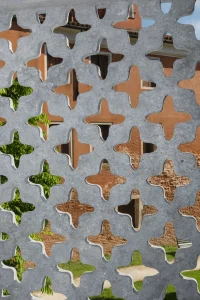
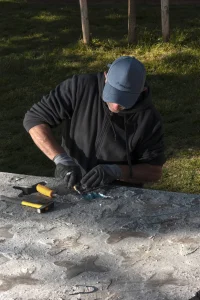
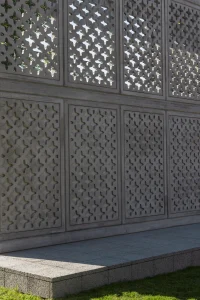
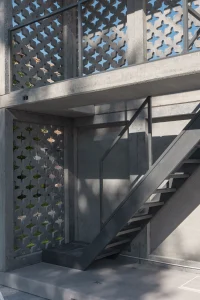
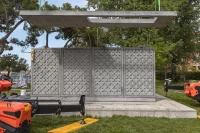
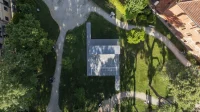
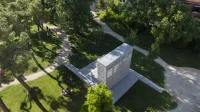
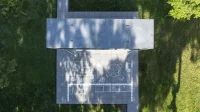
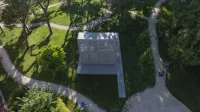
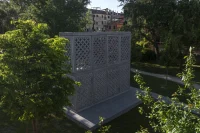
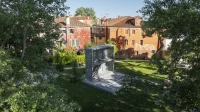

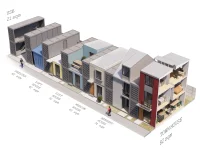
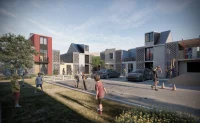




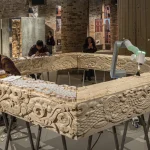
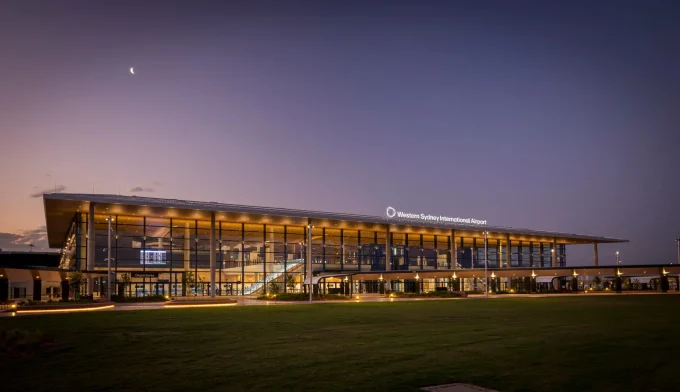
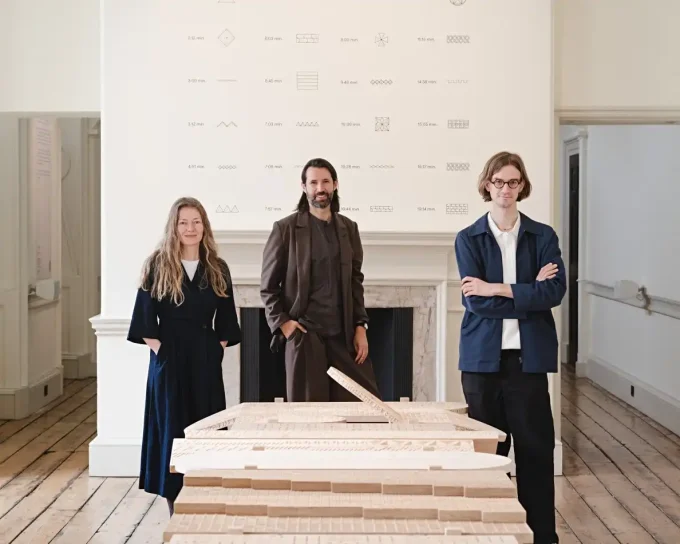

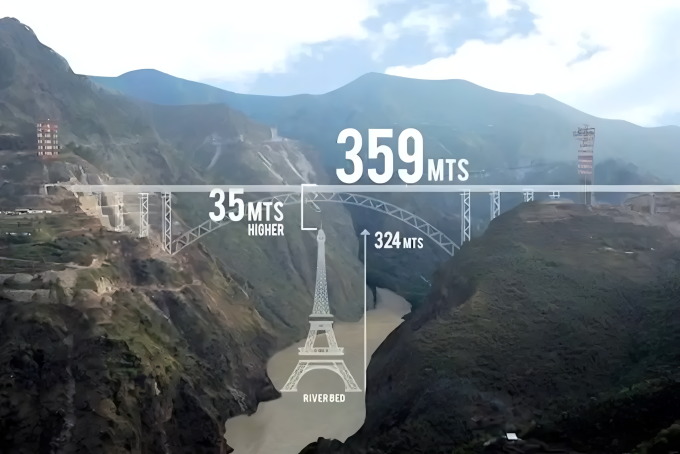




Leave a comment